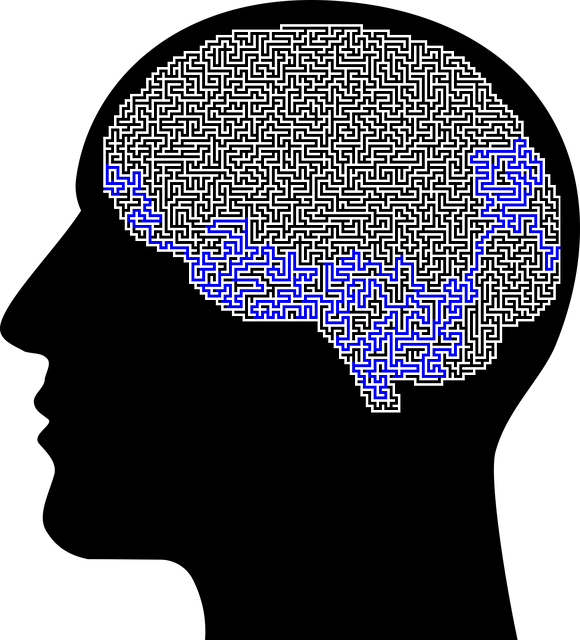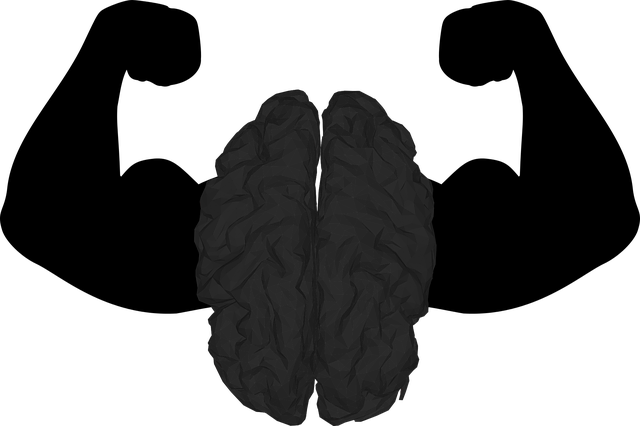Englewood Obsessive Compulsive Disorder (OCD) therapy utilizes evidence-based techniques like CBT and ERP, combined with cultural competency training for healthcare providers, to help individuals manage intrusive thoughts and repetitive behaviors. Effective coping skills include compassion cultivation, mindfulness exercises, and stress management for both patients and providers, as highlighted by various resources including a mental wellness podcast series. Integrating these skills into daily life, starting with small tasks, and public awareness campaigns are key to OCD management. Risk management planning ensures professionals can guide clients while maintaining their own well-being.
Englewood Obsessive Compulsive Disorder (OCD) is a mental health condition that can significantly impact daily life, causing severe anxiety and distress. This article explores coping skills development as a crucial aspect of OCD management. We delve into understanding the disorder’s effects and provide practical strategies for building effective coping mechanisms. By integrating these skills into everyday routines through engaging therapy sessions, individuals can effectively navigate the challenges posed by OCD and enhance their overall well-being.
- Understanding Englewood Obsessive Compulsive Disorder (OCD) and its Impact
- Building Effective Coping Skills for OCD Management
- Strategies for Integrating Coping Skills into Everyday Life
Understanding Englewood Obsessive Compulsive Disorder (OCD) and its Impact

Englewood Obsessive Compulsive Disorder (OCD) is a mental health condition characterized by intrusive thoughts and repetitive behaviors that individuals feel compelled to perform. This disorder can significantly impact daily life, causing severe anxiety and distress. The symptoms often manifest as obsessions—persistent, unwanted thoughts or images—and compulsions, which are rituals or behaviors performed to alleviate the anxiety triggered by obsessions.
Englewood OCD therapy is a specialized approach designed to help individuals manage and overcome these challenges. Through various therapeutic techniques, such as cognitive-behavioral therapy (CBT) and exposure and response prevention (ERP), individuals learn coping skills development to confront their obsessions and reduce the urge to engage in compulsive behaviors. Healthcare provider cultural competency training can also play a crucial role, ensuring that those with OCD receive tailored support and understanding, addressing unique cultural considerations for effective depression prevention.
Building Effective Coping Skills for OCD Management

Building effective coping skills is a crucial aspect of managing Obsessive Compulsive Disorder (OCD). Englewood OCD therapy emphasizes the importance of learning and implementing strategies that go beyond traditional exposure and response prevention techniques. Compassion cultivation practices, for instance, have been shown to reduce symptoms by fostering a sense of connection and understanding towards oneself and others. This involves mindfulness exercises, self-compassion training, and cultivating a non-judgmental awareness of one’s thoughts and feelings.
In addition to compassion cultivation, burnout prevention strategies for healthcare providers can play a significant role in OCD management. The demands of navigating OCD symptoms can be overwhelming, leading to emotional exhaustion. Incorporating stress management techniques, setting healthy boundaries, and engaging in self-care practices are essential components of coping skill development. A mental wellness podcast series production focused on these topics can provide valuable resources for individuals seeking support, offering practical tips and insights from experts in the field.
Strategies for Integrating Coping Skills into Everyday Life

Integrating coping skills into everyday life is a crucial step in managing stress and anxiety disorders like Obsessive-Compulsive Disorder (OCD). Englewood OCD therapy often emphasizes practical strategies to help individuals incorporate effective coping mechanisms seamlessly. One approach is to start with small, manageable tasks and gradually increase the complexity as comfort levels rise. This might include practicing mindfulness exercises during daily routines or using cognitive-behavioral techniques to reframe negative thoughts.
Public awareness campaigns play a vital role in promoting these skills, especially in depression prevention initiatives. By fostering open conversations about mental health, these campaigns raise awareness about various coping strategies available. For professionals in the field, risk management planning is essential to ensure they can effectively guide clients while maintaining their own well-being. This holistic approach ensures that individuals with OCD or similar conditions receive comprehensive support tailored to their unique needs.
Englewood Obsessive Compulsive Disorder (OCD) significantly impacts daily life, but developing effective coping skills can be a game-changer. By understanding OCD and its unique challenges, individuals can build resilience through tailored strategies. Integrating these coping skills into everyday routines, with the guidance of Englewood OCD therapy, enables better management of symptoms, fostering a more balanced and fulfilling life.












